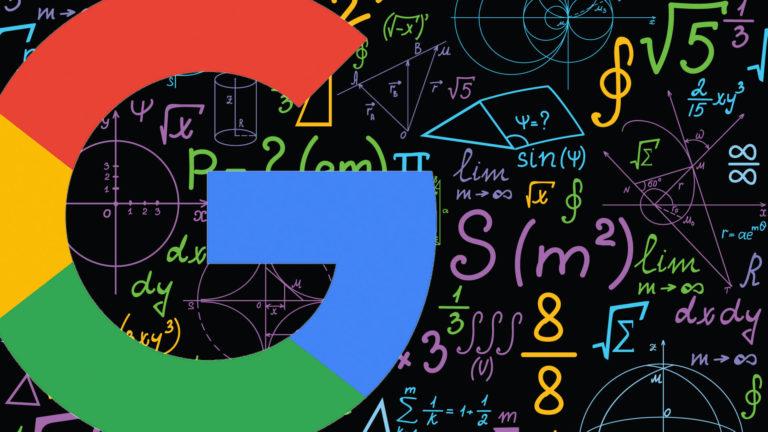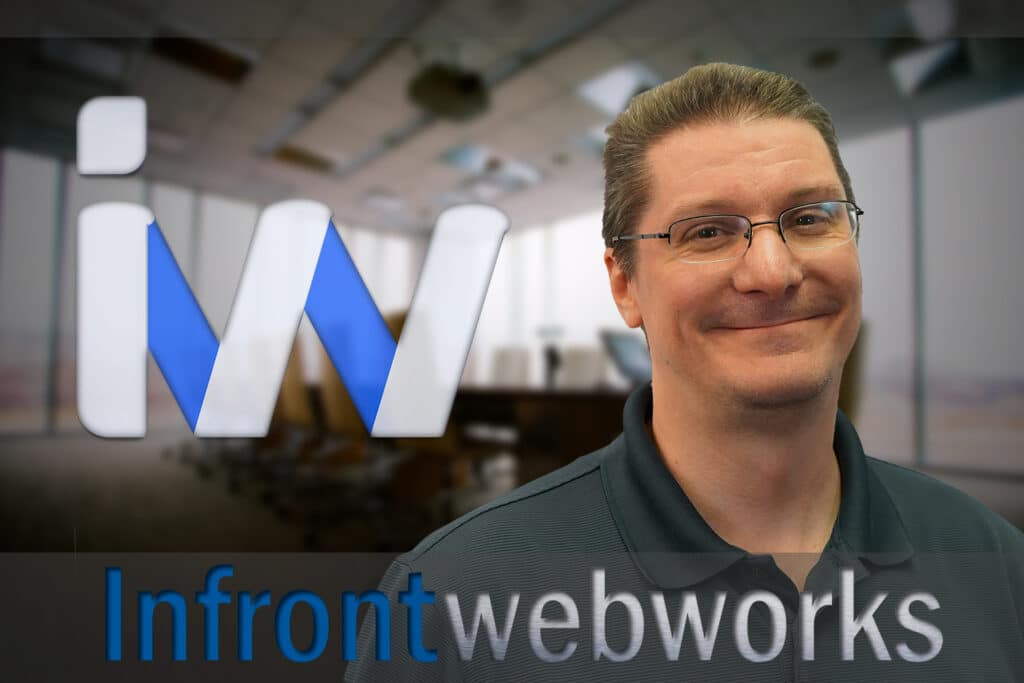Does a new Google Algorithm update replace the last one?
The short answer to this is, “No”. Not only does the new update not replace the old one (it typically adds to it), we don’t necessarily get all the information when the update comes out. Recently I was watching a couple of online Google Hangouts with John Mueller (Google Senior Webmaster Trends Analyst). He outlined some great SEO tips that are not new, but noteworthy reminders, some commonly forgotten usability items, and also some “SEO leaks” that had not previously been released.
Some of the search engine optimization tips that were discussed:
Panda and Content Spidering – If you are adding new content to your website daily, check Google Webmaster Tools to make sure that your site is being spidered more often. If you are adding frequent content and your site is spidered less, it is likely a Panda quality problem.
robots.txt – If you don’t need to restrict areas of your website from being crawled, you don’t need one.
Http vs Https and Duplicate Content – Many times I’ve been asked if http and https pages are the same, are they duplicate content? In the vast majority of cases, Google has no problem making that distinction, so it shouldn’t be a problem.
How does Google Handle 301 vs 302 Redirects – Simply put, a 301 is a permanent move and the 302 is a temporary move. But Mr. Mueller reinforced that Google is very efficient at making the determination, so if you have 302’s that should not be 301’s it is not a high priority fix. Google has likely already sorted that out.
Too Many Banner Ads Above the Fold – For webmasters who generate revenue from Adsense or other ads, you may remember the “page layout algorithm” update in 2012 that addressed too many ads. What you may not be aware of is that Google recently updated that algorithm (February 6, 2014) and you may want to adjust your strategy again. Although mostly targeting sites with little content above the fold, if you notice a decrease in traffic, your above-the-fold ads may be to blame.
Contact Information – Don’t worry about redundancy with contact information. It is not a problem to have a contact form and phone number at the top of your page while having your address, phone number, and another link to the contact form in your footer.
Multiple Footer Links – For sites with multiple links to other websites in the footer of their website, beware. In many cases, Google is classifying these as unnatural links, which their webspam algorithm may pick up on.
Multi-regional, Multilingual Sites and “rel=” Alternate “hreflang”- For those of you who serve users from around the world, with content that’s translated or targeted to users in a certain region, it is worth taking the time to watch this Webmaster Tools video: https://support.google.com/webmasters/answer/189077?hl=en
Review Snippets – John Mueller implied that the review snippet is a quality factor, and should be implemented on product or service pages where relevant.
Multiple Web Sites with Same Content – This is something we see consistently with new potential clients who are wondering why their website traffic has been consistently dropping. In the past, it was common for development and SEO companies to diversify organic search results by making many of the same websites on different domain names and targeting different keywords. If you have had your online presence developed this way, you’ve most likely been impacted by Google’s last three algorithm updates.
Forwarding from a Penalized Domain to a New One – If your website was negatively impacted by Penguin and your solution was to set up a new website/domain name (to 301 redirects from the old site) thinking that would give you a fresh start, think again. Google does pass old site information and forward all the signals, good or bad to the new site.
Geo-Targeting Updates – If you are updating geo-targeting in webmaster tools, Google can take some time to update this information. Even if you have a .com, your content has to reflect your geo-targeting hreflang. Based on quality or trust they will decide whether or not you are relevant to that specific geolocation, not just by the URL.
New Site Honeymoon Period – Not all new websites have a “honeymoon period.” This means that your website being new doesn’t necessarily mean it will or will not get listed in Google quickly. When Google doesn’t have usability information associated with the website many times it will index the website until it starts to gather that information. Don’t just put up a half-done website because you think it will expedite the listing process. A well-thought-out and usable website will have a much better chance of getting good organic search placement over one that was simply launched earlier.
Does Website Navigation Impact Search – Not really, although it can dramatically impact usability.
Bad Links to Your Website – Links from bad or spammy websites can (and will) hurt your placement in search. If you are having this problem, Google Webmaster Tools has made it very simple to fix.
- On the Webmaster Tools home page, select your site
- On the Dashboard, select ‘Search Traffic’ and then select ‘Links to Your Site
- Under ‘Who Links the Most’ select ‘More’
- Select ‘Download More Sample Links’
- Find the undesirable sites that are linking to you and add them to a .txt file
- Visit the Google Disavow Tool, select your site, and follow the on-screen instructions
Google’s Search Preference for Listing Mobile Websites – Want to rank well on a tablet or mobile phone? Google recommends one of the 3 options (not in any particular order):
- Responsive website design
- Dynamic serving
- Separate mobile URL
How Often do Webspam Algorithms Look at a Website – It depends, some of the algorithms or aspects of those algorithms look at your website every time they spider it, while sometimes they may not. Keep in mind that (although not published) Penguin and Panda are both still being updated.
For those unfamiliar with John Mueller’s Google Hangouts, I highly recommend them. They are extremely informative and he will take the time to look at some attendee’s actual websites and offer some excellent (free) SEO tips. To watch the Google Hangout reviewed here, please see the video below.

Allan Todd is CEO of Pagecafe Digital Marketing. In 2022, Allan teamed up with Infront Webworks to provide digital marketing, website design, content marketing, SEO and strategy and solutions to local businesses. Allan lives in Colorado Springs.



